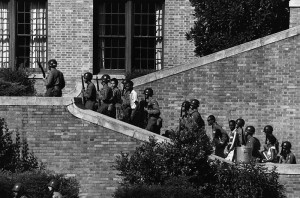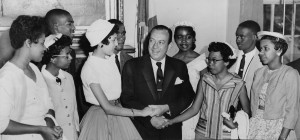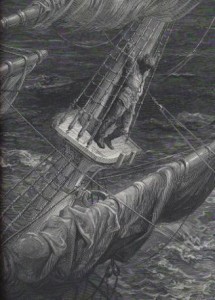
iPod Touches are quite convenient little PDA’s. Beautifully tactile, they are a pleasure to use. A few of my students have them and I’ve had to think long and hard about allowing iPods in the classroom because, for a little while there, students were using them under the table for all sorts of illicit applications (games). I was tempted to ban them outright, and I have not yet made a final decision but I thought I’d try co-opting the devices first.
So I now have a few students using the iPod Calendar, taking notes, and now one has found a nice little flashcard app called Cramberry. Apparently, the major selling point was its catch-phrase, “Studying doesn’t have to be painful.” The app costs $4.99 for the full version (the Lite version is useless). I’ve also tested Flashcard Touch myself, which is free this month (March), and it seems to work well (see the screen capture).
PDA’s are still on probation; they can be very useful. The outstanding question is one of trust. Will students use them appropriately, or are they too much of a temptation. A key Montessori principle is that students should take responsibility for their learning and trust is an essential component. I am cautiously optimistic.




